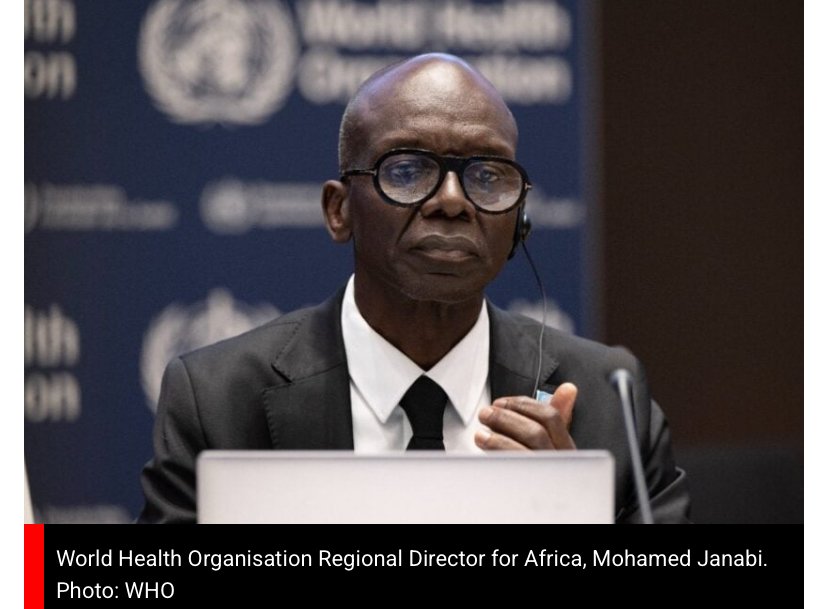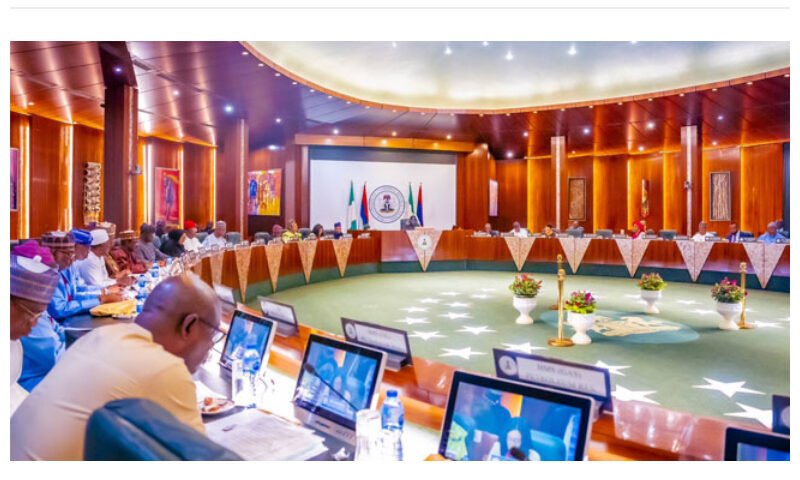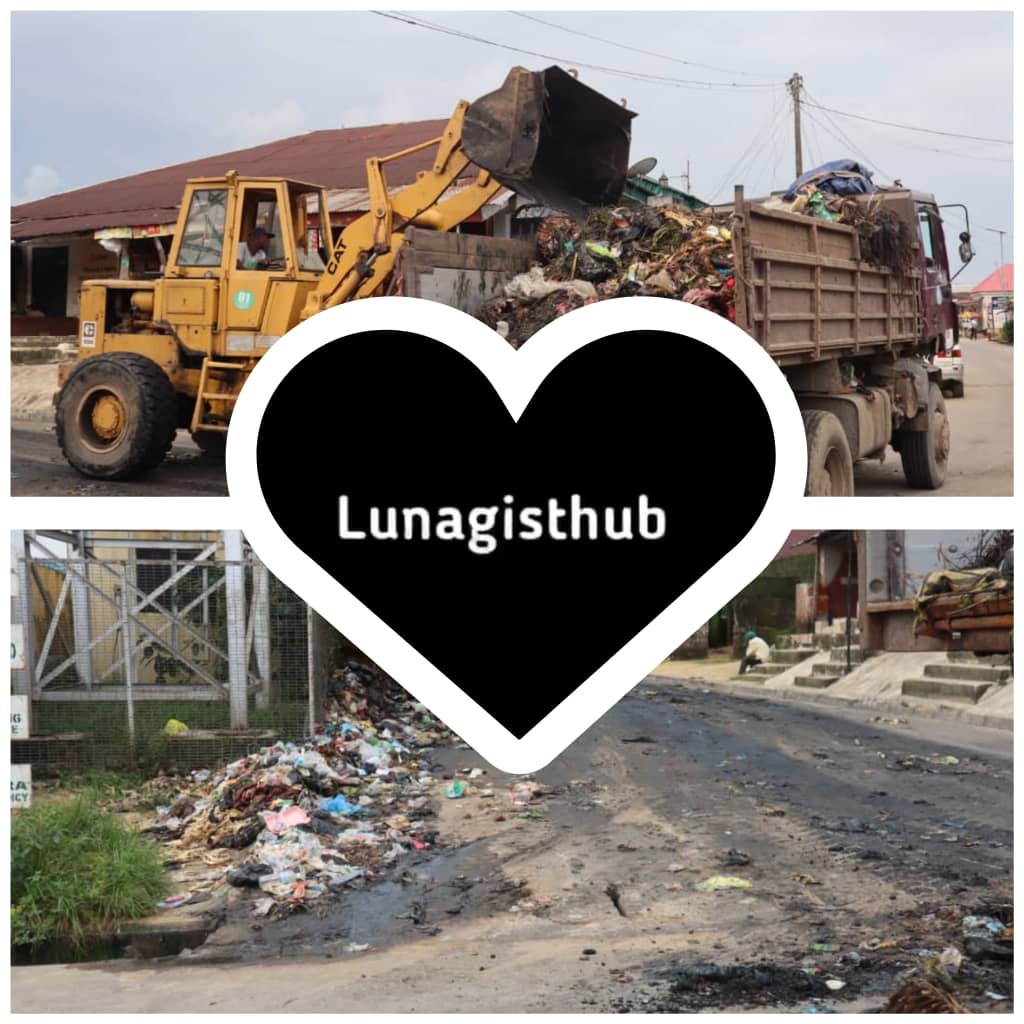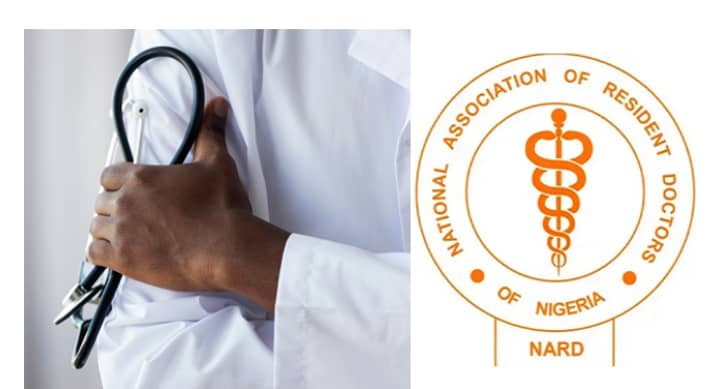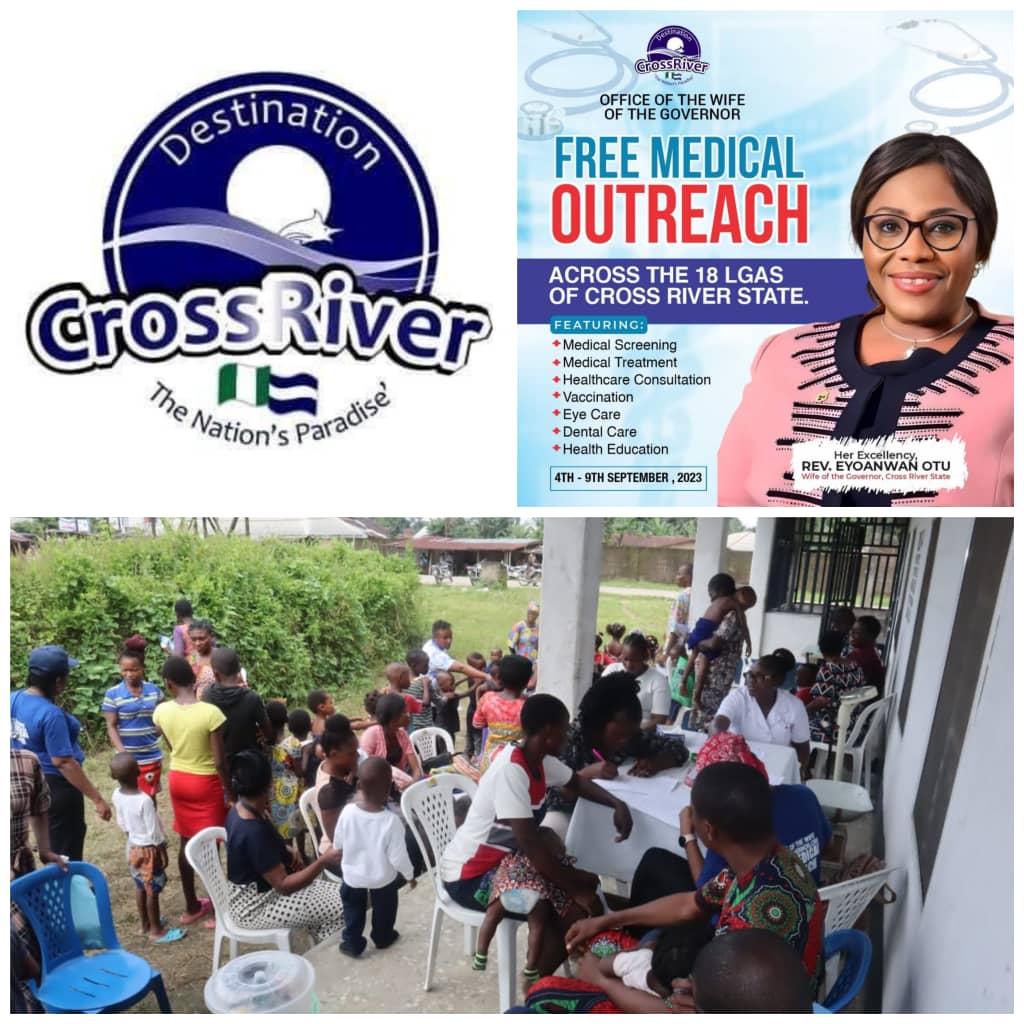The Urgent Need for Mental Health Support in Crisis Situations
As we mark World Mental Health Day, the World Health Organisation Regional Director for Africa, Dr. Mohamed Janabi, is sounding the alarm about the inadequate integration of mental health and psychosocial support into emergency preparedness and response in Africa. With over 100 major public health emergencies occurring in the region each year, the mental health of individuals and communities is being severely impacted.
Crises such as outbreaks, conflicts, and natural disasters can have a profound impact on mental health, leading to displacement, disruption of social support, family separation, grief, and distress. One in five individuals will face a mental health condition requiring professional care. It’s clear that mental health support is crucial in these situations.
The World Health Organisation is urging governments and stakeholders to take urgent action to strengthen mental health systems across Africa. This includes integrating mental health and psychosocial support into emergency preparedness and response plans. The WHO’s Regional Framework for Mental Health provides guidance for Member States to embed mental health support in disaster risk reduction and health system strengthening.
While progress has been made globally, with the World Health Assembly approving a landmark resolution calling for Mental Health and Psychosocial Support to be fully integrated into preparedness, response, and recovery efforts, more needs to be done. The WHO is committed to supporting countries in strengthening their mental health systems and providing access to mental health services, especially in crisis situations.
Mental health and psychosocial support should be integrated into emergency preparedness and response plans.
Governments and stakeholders should invest in strengthening mental health systems, including training healthcare workers and providing access to mental health services.
We need to work towards reducing stigma around mental health issues and promoting awareness and understanding.
By taking action, we can make a difference and ensure that individuals and communities affected by crises receive the mental health support they need.
